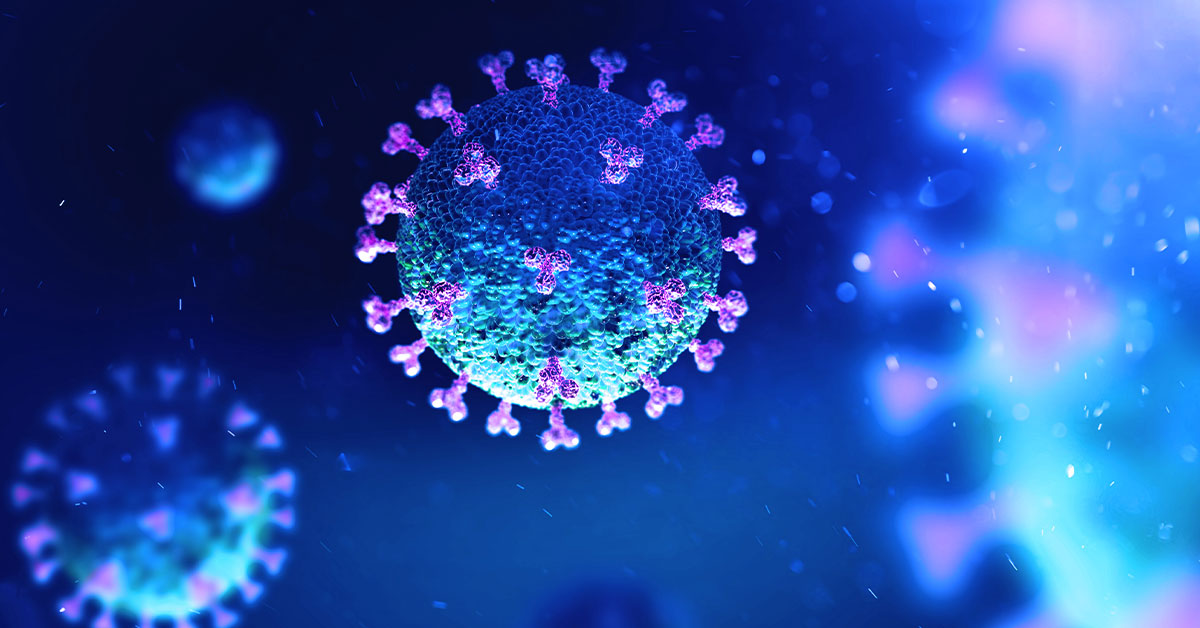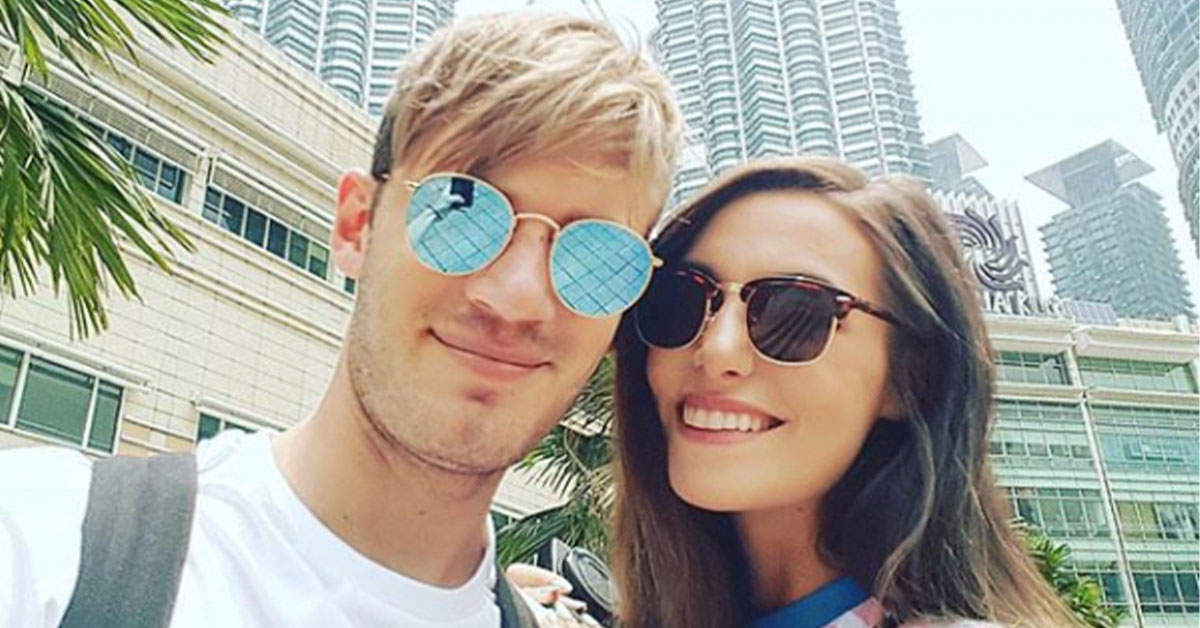Before the COVID-19 pandemic, there were several things we took for granted:
- Travelling whenever we wanted
- Hospitals always having enough beds for patients
- Toilet paper
But, as you know, the coronavirus enjoys uprooting our daily lives and throwing them out the window.
Think viruses can’t soar through the air into your face? Think again.
Think vaccinations can stop everyone from getting infected? Nope.
Now, it seems that the very thing supposed to protect our bodies against such viruses may sometimes worsen the infection.
Scientists Find That Some COVID-19 Neutralising Antibodies May Actually Worsen the Virus
Yes, you read it right. Some COVID-19 neutralising antibodies may end up worsening the virus, scientists said.
As you know, antibodies help prevent a virus from infecting a person’s cells. They can be produced naturally in the body after infection, or in a laboratory (monoclonal antibodies).
When the coronavirus attacks a body, its spike protein—a sharp bump that protrudes from the virus’ surface—binds to a receptor enzyme known as ACE2 in the host cell.
When this happens, it can sometimes cause the viral cell and the host cell membranes to fuse.
This phenomenon is known as syncytia, which yes, sounds more like the name of a rare flower species.
Syncytia is linked to lung tissue damage in severe COVID-19 cases.
Simply put, when COVID-19 invades your body, syncytia sometimes occurs, and it is not good.
Antibodies, naturally or artificially produced, can block syncytia from occurring and thus prevent further complications from the virus.
However, some scientists recently discovered that while some neutralising antibodies prevent syncytia, others drastically enhance it.
The discovery was made by a team of researchers from the Agency for Science, Technology and Research (A*STAR) in collaboration with the QBI Coronavirus Research Group at the University of California, San Francisco, University of Lyon, and DSO National Laboratories.
Their study findings were published in the scientific journal Cell last month.
Companies Creating Antibodies Should Test Them for Syncytia
Dr Wang Cheng-I, senior principal investigator at A*STAR’s Singapore Immunology Network and one of the authors of the study, warned pharmaceutical companies about the discovery.
He said companies creating antibodies should test them for syncytia to avoid worsening infections.
Dr Wang said his team have found a particular antibody that inhibits syncytia, and that they’re developing the antibody into a COVID-19 treatment.
Many other companies here are also developing monoclonal antibodies for treatment against the coronavirus.
If the clinical trials of these antibodies are successful, they will be submitted for review by the Health Sciences Authority (HSA) and other regulatory agencies as a new drug.
Feature Image: Andrii Vodolazhskyi / Shutterstock.com



